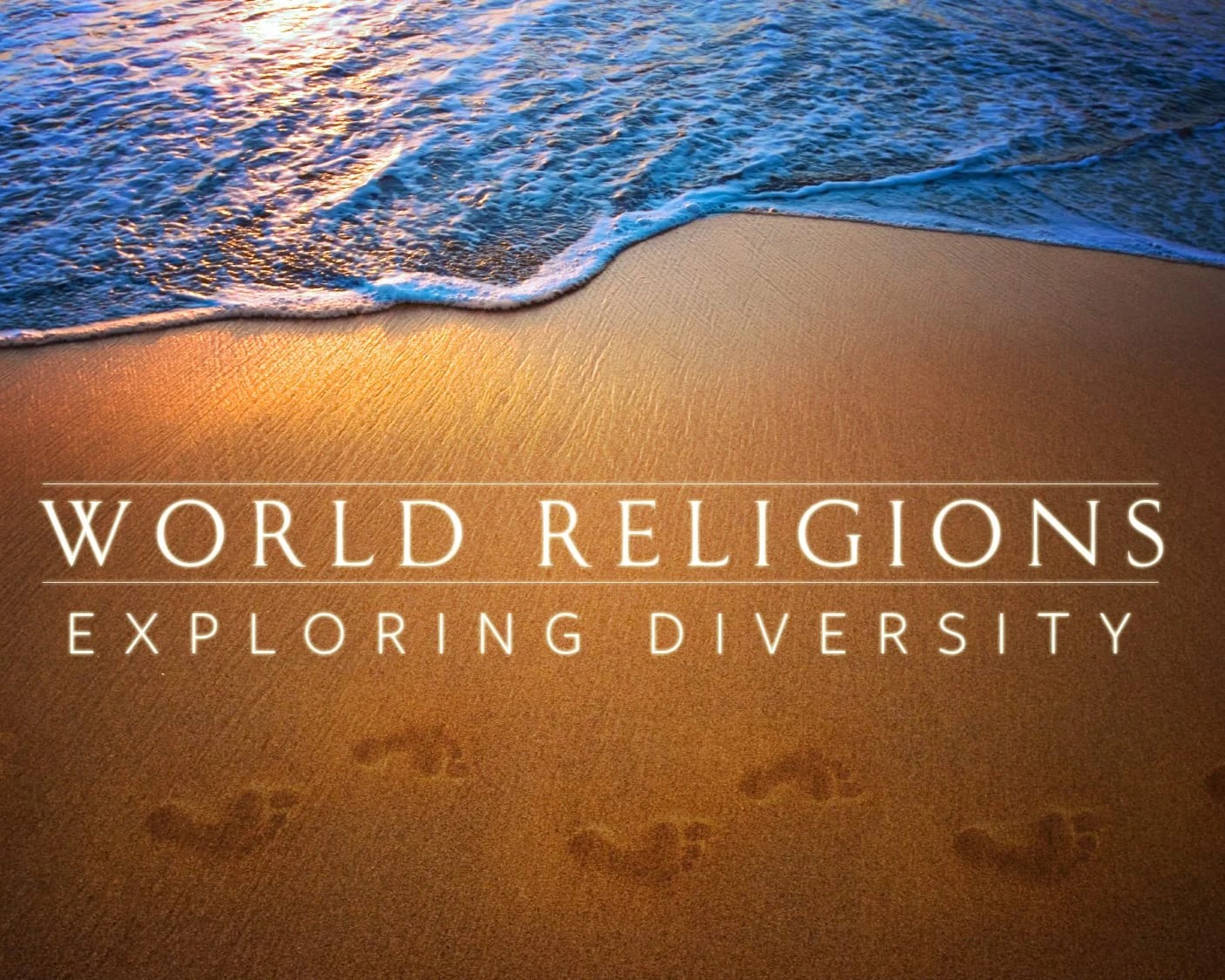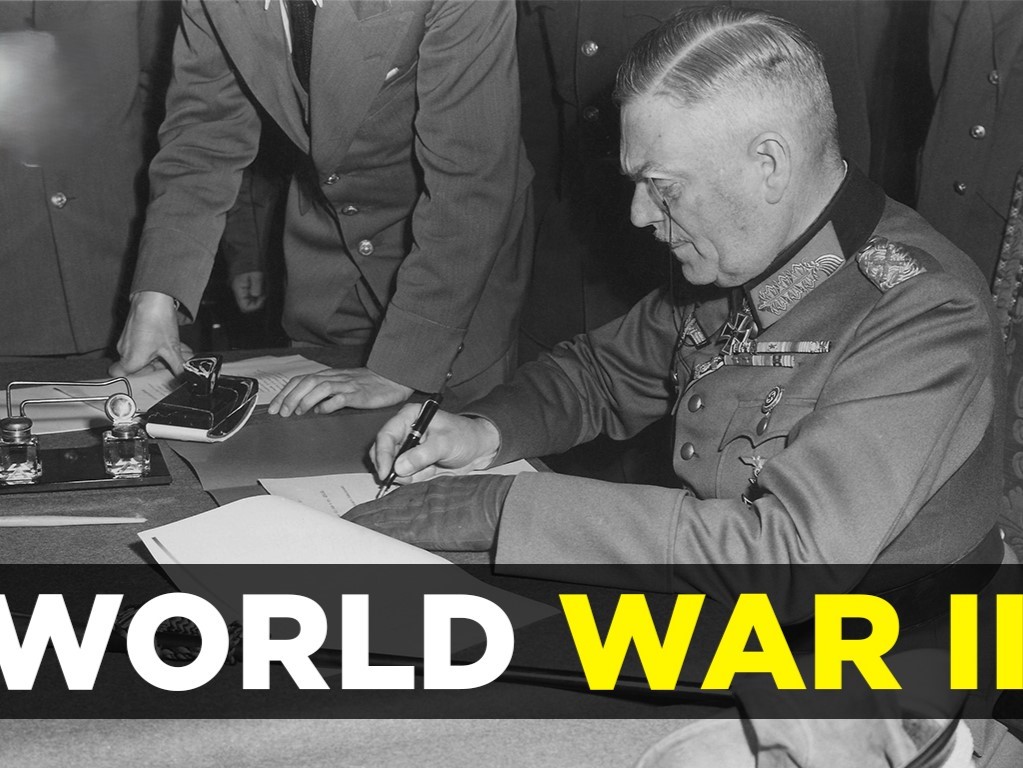Description
Religion has played a vital role in shaping societies, identities, and cultures throughout history. This course offers a comparative overview of major world religions, including Hinduism, Buddhism, Judaism, Christianity, and Islam. You’ll explore the origins, core beliefs, sacred texts, rituals, festivals, and ethical teachings of each tradition. Beyond theology, the course highlights the social and political impact of religion, from influencing art and architecture to driving movements for justice and peace. You’ll examine how religions have responded to modernity, globalization, and interfaith dialogue. Topics include religious pluralism, secularism, and the role of faith in contemporary issues such as climate change, gender equality, and human rights. Designed to promote empathy and understanding, this course provides a respectful, balanced exploration of religion’s role in human civilization and encourages thoughtful discussion on its evolving place in today’s world.





Aminu –
A must for anyone working in multicultural environments. The insights into religious customs and their societal roles were both respectful and informative.
Anayo –
Understanding the spiritual roots of different cultures has transformed how I travel. This course is a cultural compass for any global explorer.
Ernest –
I used this course to supplement my class material. It’s accurate, well-researched, and ideal for anyone seeking a balanced view of global religions.
Afolabi –
This course helped me appreciate the diversity and depth of global religious traditions. The way it connected beliefs to cultural practices was eye-opening.
Hanatu –
Beautifully structured and respectful to all faiths. It helped me present religious studies in a more inclusive and engaging way to my students.